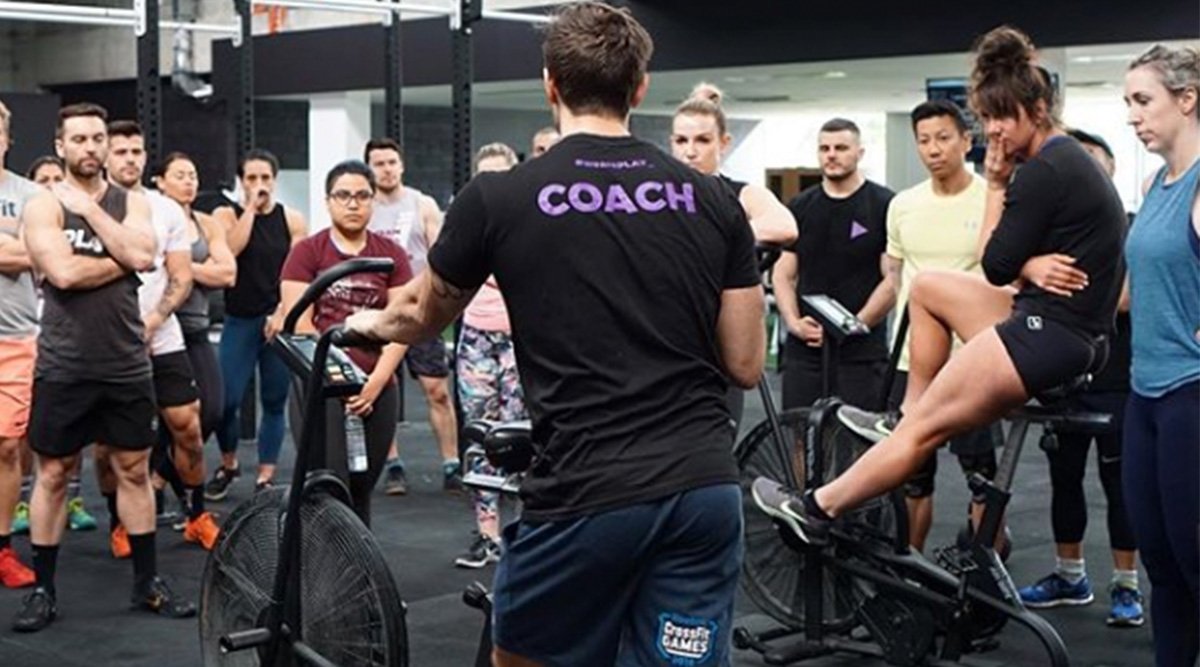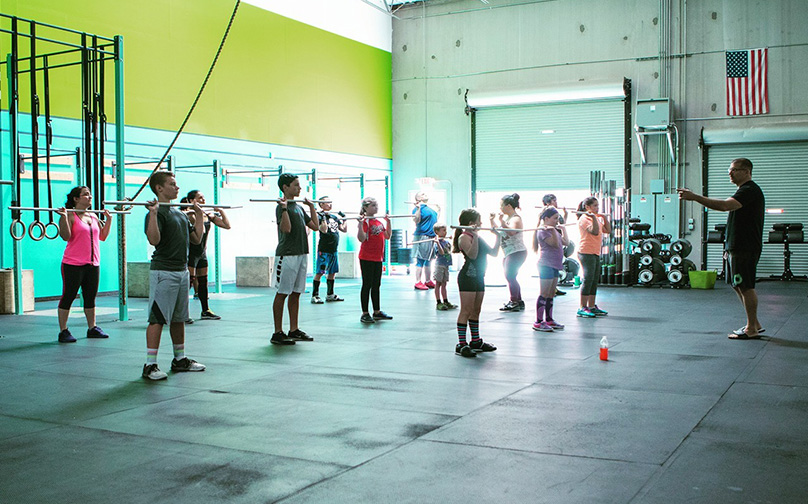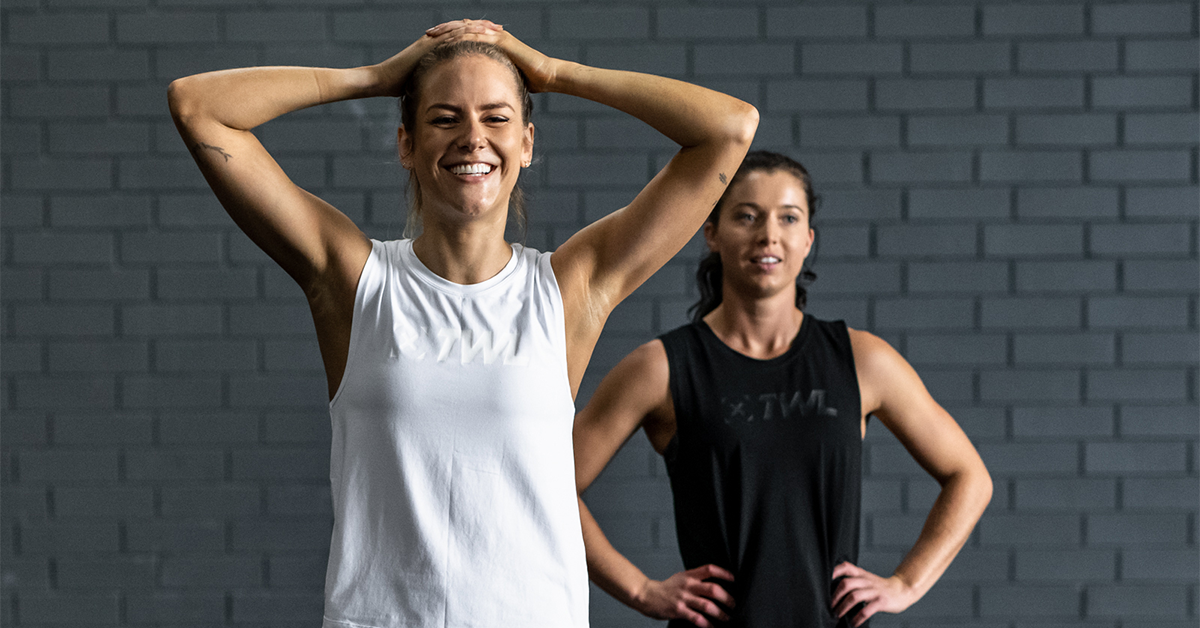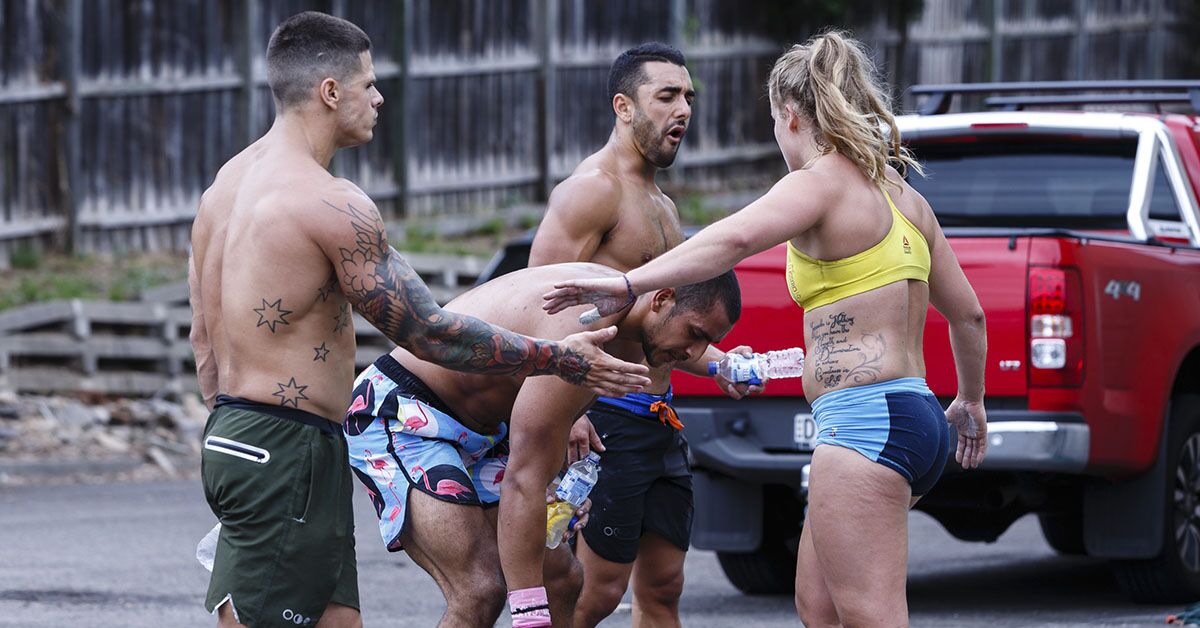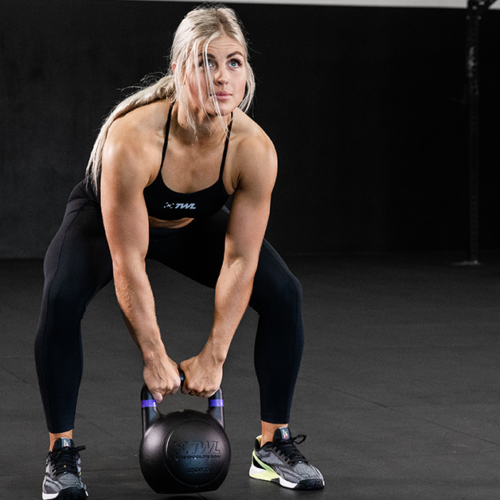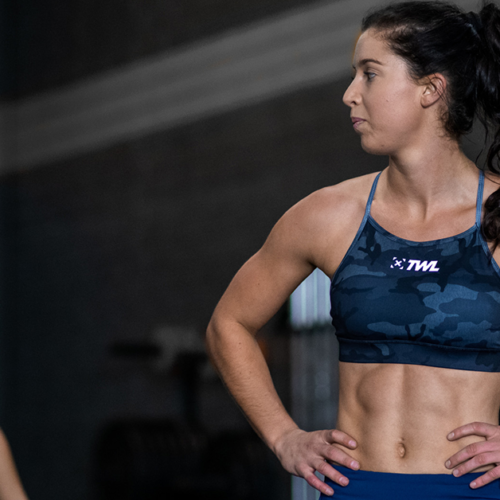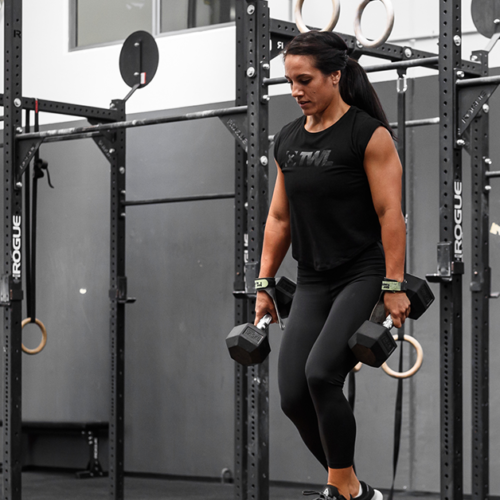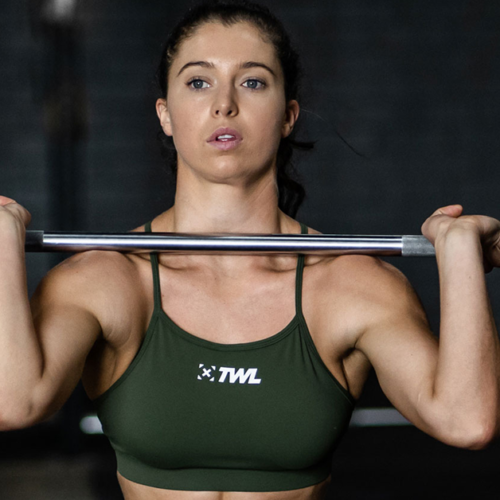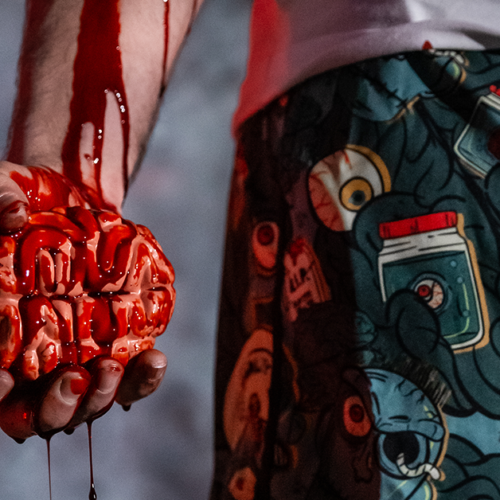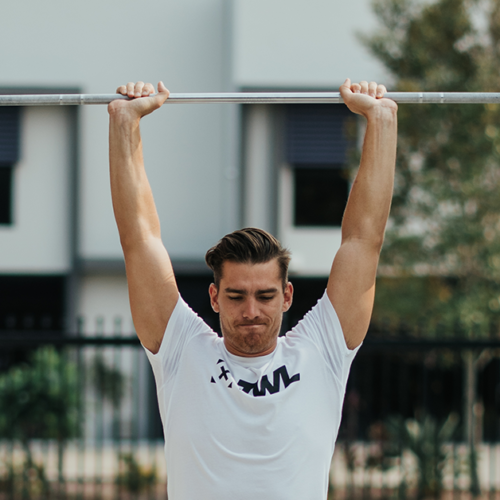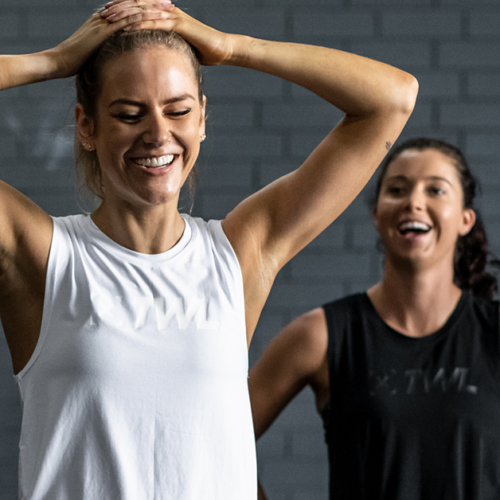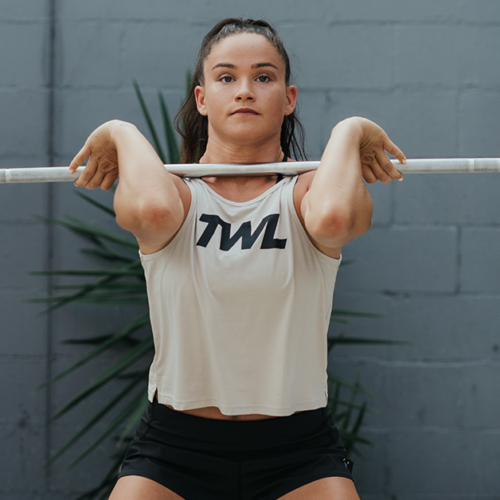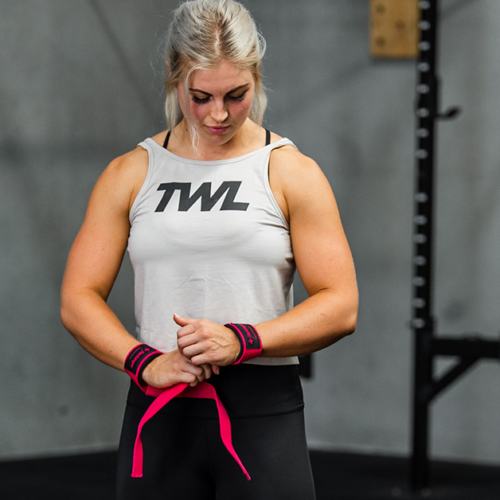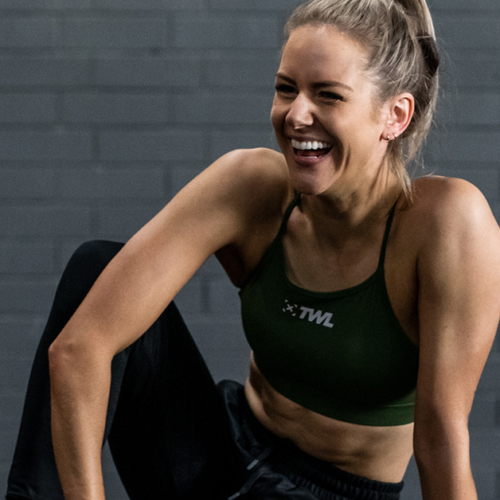In professional baseball, landing a five-tool player is every team’s dream. It represents a generational talent — a player who can hit for power and average and has base running skills and throwing and fielding abilities. Think of Willie Mays, Barry Bonds, or Ken Griffey Jr. In functional fitness, we are all constantly in search of a five-tool coach. But just like the five-tool baseball player, unfortunately, they are few and far between. Here are the five things (or tools) to look for in a great coach.
5 Things to Look for in a Great Coach
1. Mastery in Movement
This needs to be priority number one when looking for a coach. Simply put, they must be knowledgeable about the sport they are teaching. Do not conflate the idea of a great athlete with a great coach. Sometimes, they go hand-in-hand, but having a 300-pound snatch does not automatically equate to being a great coach.
View this post on Instagram
A better test of mastery is their ability to break down and explain concepts and communicate. Can they break down complex ideas and movements into simple, digestible concepts, or do they just regurgitate a textbook? Do they have a depth of coaching cues to aid you when it’s simply not clicking or do they yell the same thing over and over?
Never underestimate the value of a coach who is extremely knowledgeable, who can communicate, and who translates complex ideas for the masses.
2. Entertainment
From the moment you walk through the doors until the moment you leave, your functional fitness class should be the best hour of your day, and it’s the coach’s responsibility to make sure that happens. Whether it’s by playing music, making small talk, or cracking jokes, a great coach needs to be as entertaining as they are knowledgeable.
At the end of the day, functional fitness is about like-minded individuals working hard so they can lead better and healthier lives. Why not have a little fun while you’re at it?
View this post on Instagram
3. Flexible/Adaptable
A coach’s ability to adjust and adapt on the fly is invaluable in a sport like this — to be able to adjust their coaching based on an athlete’s training background or current abilities and to adjust workouts according to injuries or mobility restrictions. A great coach is not flustered by the challenge; rather, they take it in stride. It’s almost a point of pride to be able to provide a great workout for everyone in the room no matter what.
Not only in the physical, but a coach also needs to be flexible and adaptable to new ideas and not be overly dogmatic or beholden to old training methodologies. Training is constantly evolving. The research is expanding and the methods are changing. A great coach is constantly willing to change their approach or incorporate new ideas into their methodology if it’s proven to be more effective.
View this post on Instagram
Too many coaches are stubbornly set in their ways and unwilling to adapt to the changing fitness landscape. Find a coach humble enough to accept a new way of teaching.
4. Critical and Honest
The goal of any coach is to build a friendly relationship with you as their member. However, I would argue that if you do not hate them from time to time, they’re not doing their job. Of course, most coaches will be overflowing with positivity toward you the majority of the time, but it does not mean that they cannot, or should not, be critical with you at times.
Unfortunately, some coaches shy away from the hard truth at times for fear of losing a member and their income. But if an athlete isn’t meeting movement standards, isn’t focused during class, or did not put forth their best effort, it’s the job of the coach to call them out. It’s how you create a culture that pushes everyone to be better — to reach the potential they might not even see within themselves.
A perfect example is when a new athlete comes up to me with aspirations to compete at the Games. I wouldn’t say, “Give it up, kid. Do you know what the chances of that happening are?” But I also would not mislead him. I would not sell him some false promise that under my guidance you will be there in a couple of years. I would be honest. I would explain the insane amount of work necessary, the commitment to eating and sleeping properly, and the countless hours of mind-bending rowing intervals required to even have a chance at qualifying. If they were still on board, I would do everything in my power to help them achieve that goal.
5. Invested
View this post on Instagram
This isn’t just a fitness program and coaches are not just personal trainers. They are not just invested in your progress at the gym; they are invested in you as a person. A great coach is willing to go that extra mile for you. It’s what separates this sport from most other programs out there. Most coaches genuinely care about their members — they know about their family, their jobs, and their hobbies. It’s this interpersonal relationship that I feel is truly at the heart of what makes the sport so great.
Here is the best news of all: the community is overflowing with coaches who meet this requirement. There will never be a shortage of coaches in this space who are willing to be invested in you and whatever your goals may be.
Main image: Khan Porter/Instagram

